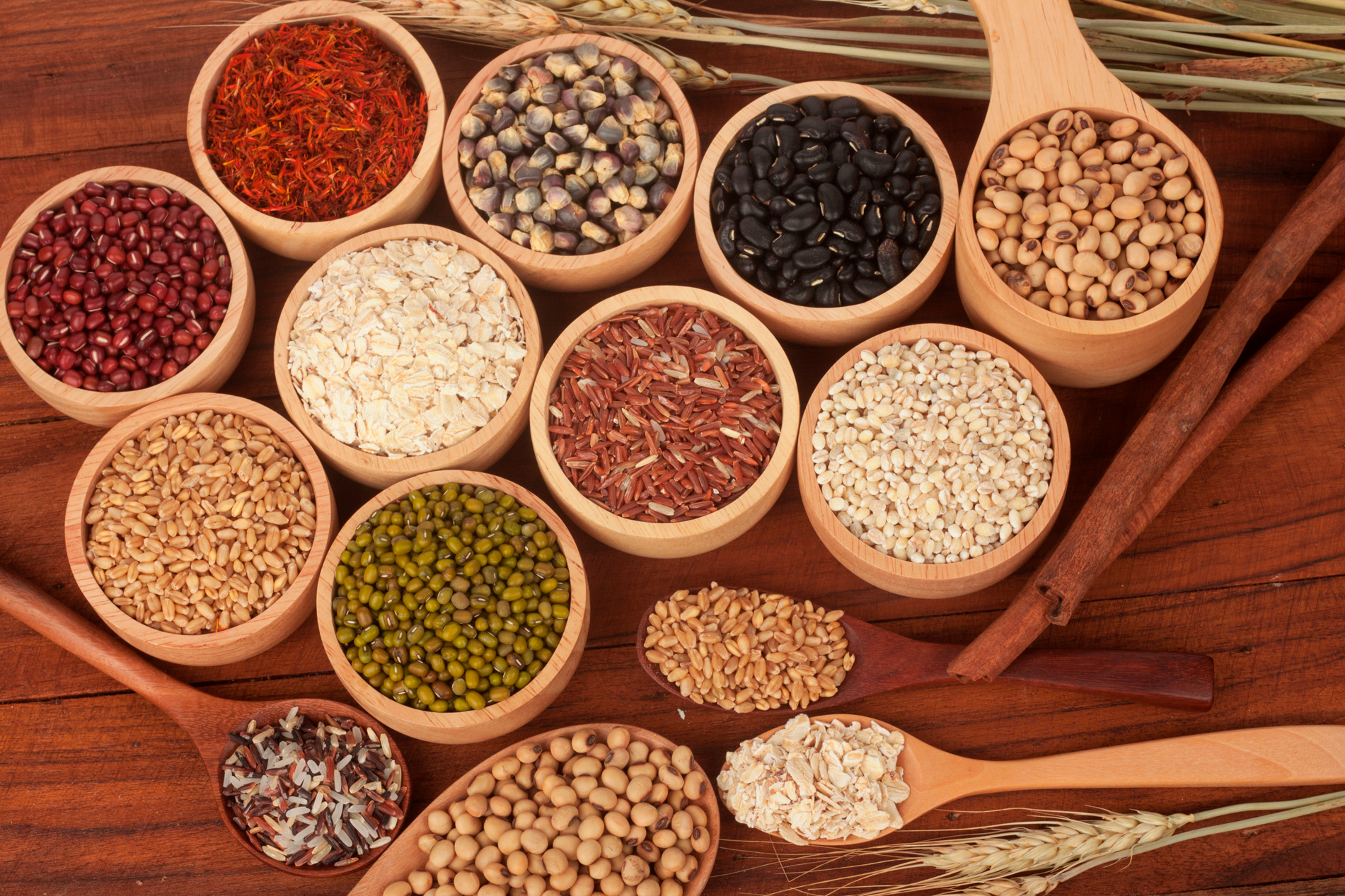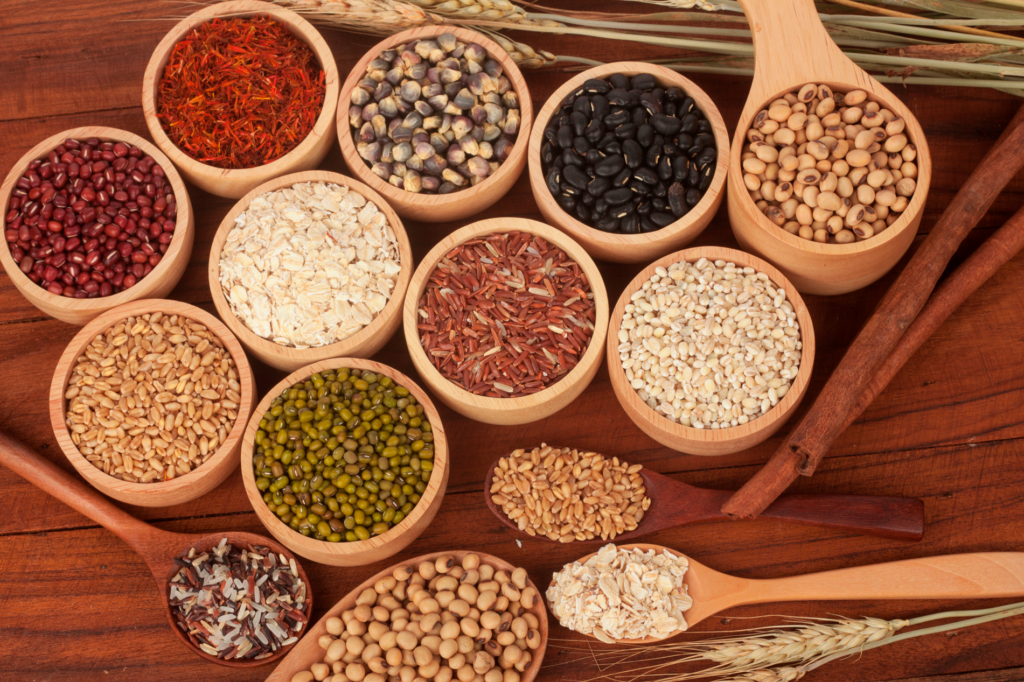
Image: Adobe Stock
Priority agenda of the Parliamentary Agricultural Front (FPA), bill 947/2022, authored by deputy Sérgio Souza (MDB-PR), former president of the bench, which allows the total deductibility of royalties from transgenic materials in income tax declaration for seed farmers was approved, this Wednesday (17), in the Plenary of the Federal Senate. The text, reported by senator Angelo Coronel (PSD-BA), now goes to presidential sanction.
In practice, among other points, PL 947/2022 changes Law 9,249, of 1995, to end the limit of 5% on royalty values imposed on the entry of these expenses in the calculation of net profit, on which Income Tax is levied. . According to the text, only payments made to companies domiciled in the country and without a corporate link with the paying company can be charged at full value. The text also exempts the company from presenting the registration of technology transfer or royalty contracts with the National Institute of Industrial Property (INPI).
{module Form RD}
Transgenics
In the transgenic agriculture production chain, there are five links: the holder of the transgenic seed technology; the producer of the germplasm (the “heart” of the seed, with the DNA information); the seed multiplier; the seed distributor; and the rural producer.
The distributor or rural producer who buys directly from the multiplier pays royalties to the holder of the technology, even though the seed multiplier — the seed companies — are in the middle of the chain. In other words, when the rural producer buys the seed, the royalty value is included in the price.
For Senator Angelo Coronel, it would not be justified to limit the value of royalty expenses when calculating the multiplier's net profit, as it acts as a mere transfer of royalties to the holder of the technology or patent.
“The law as it stands today ends up stipulating double taxation of the sector. The soybean sector, especially, is paying double income tax on royalties. It is important to emphasize that in the end this cost is included in the price of the seed itself, making the chain more expensive by approximately 25%,” he said.
Author of the PL, deputy Sérgio Souza highlights that the measure seeks to provide greater security in the application of the rules, relating to the deductibility of royalties in the agribusiness production chain.
“The regulation of this project will avoid the perpetuation of legal uncertainty, especially in light of the constitutional principles of income taxation and will solve a problem that should not exist. It is the guarantee that the Brazilian product remains competitive compared to international competitors.”
Senator Luis Carlos Heinze (PP-RS) highlighted that the project will benefit not only rural producers, but also the Brazilian consumer. “We are going to do justice to farmers, seed companies and also the end consumer who will have cheaper food.”
“We have to reduce costs for our producers and encourage the use of high-quality, certified seeds and avoid the issue of smuggling. This matter brings tax justice,” concluded senator Ciro Nogueira (PP-PI).
Source: datagro













